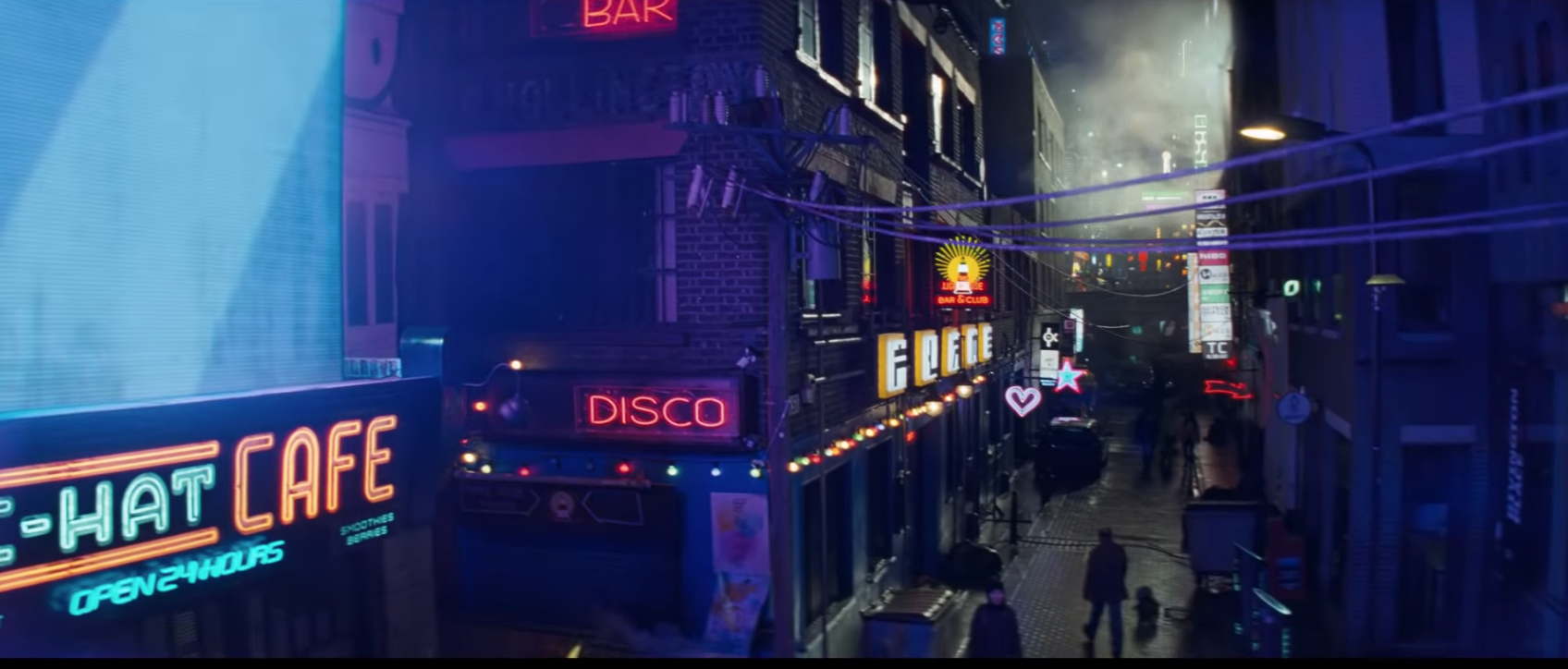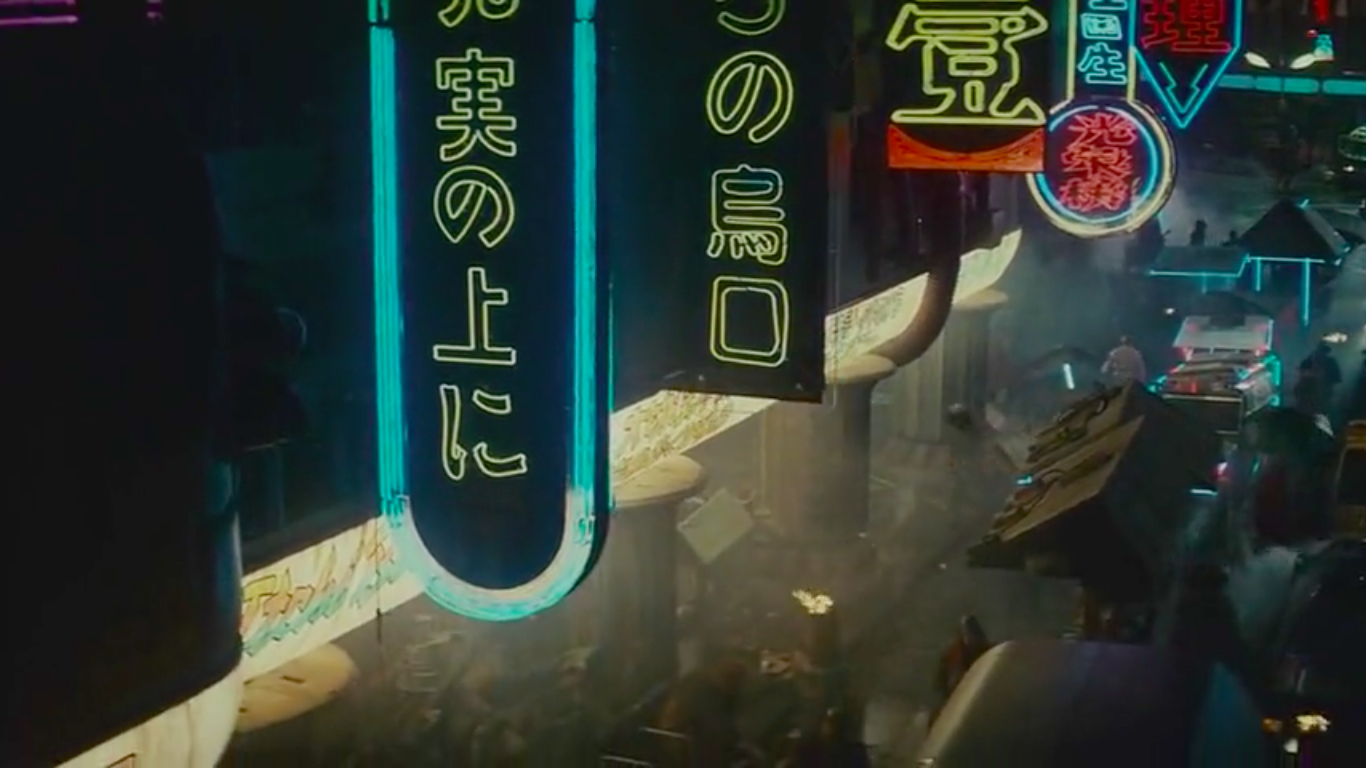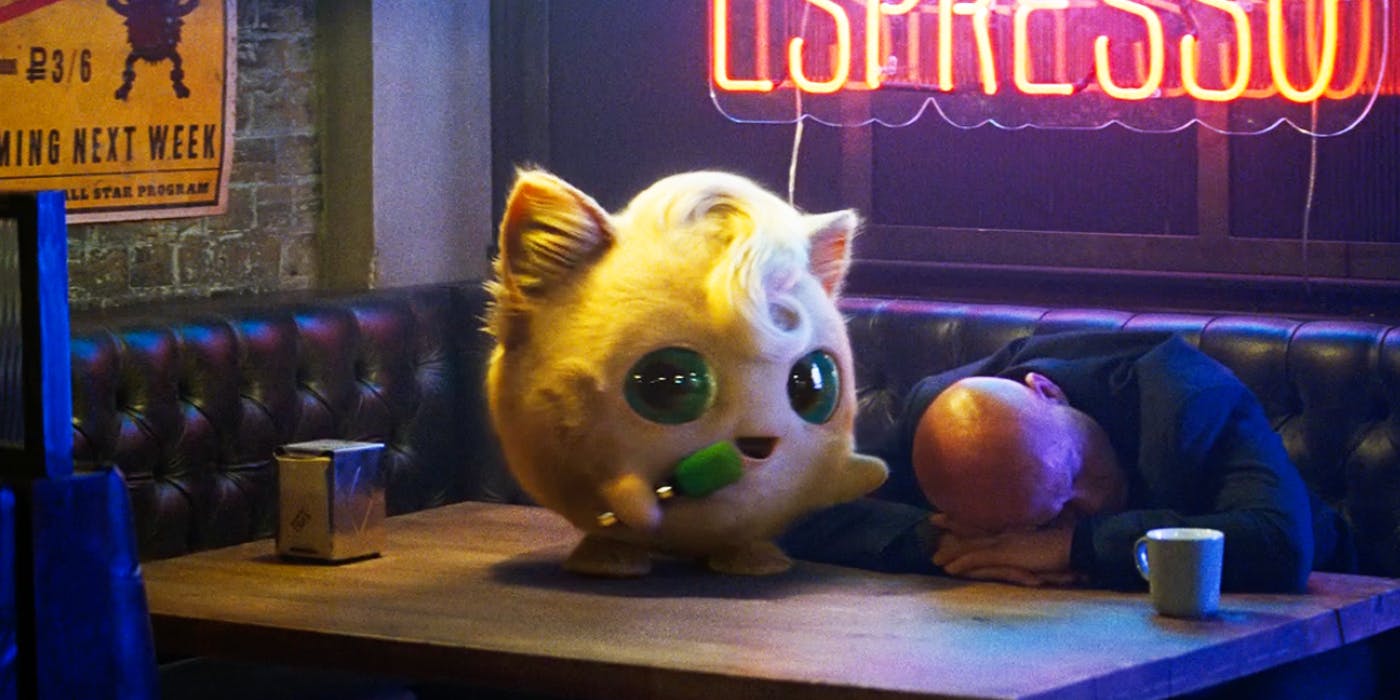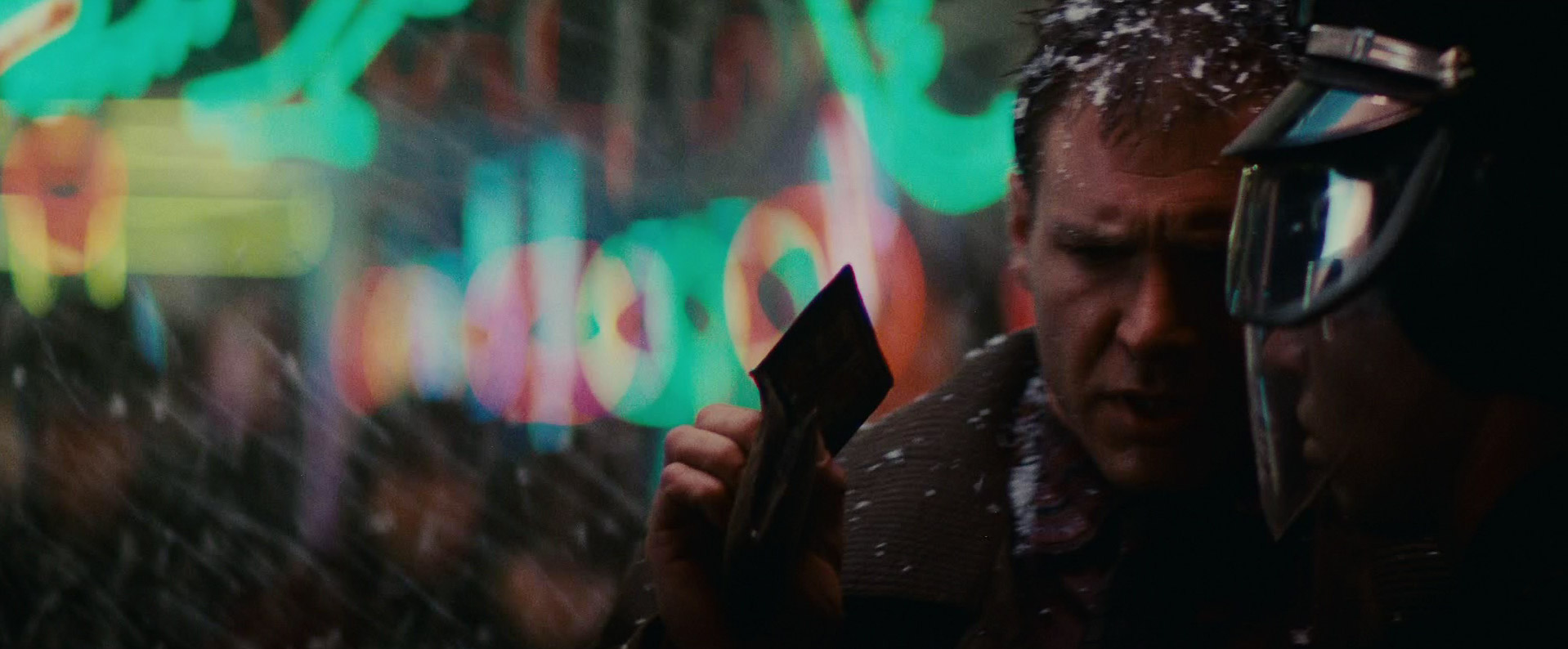Review by Andrew Swafford
First, an overlong, unfortunately necessary preamble about my relationship to this franchise: for better or worse, I have been a lifelong Pokémon fan. When I look back on my childhood, my memory is dominated by visions of Pokémon. I was four years old in 1996 when the first set of games were released in North America, and, like many boys of my demographic, I was obsessed before I even played them. My only vivid memory of having a public meltdown as a child involves my parents dragging me out of a Walmart in East Tennessee as I scream and cry for a Pokémon game I ended up receiving several long months afterward. As the marketing demanded of me, I caught them all. Perhaps unsurprisingly, I also collected the cards, watched the show, and read the comics. I made my parents sit through the theatrically released anime movies. I distinctly remember eating Pokémon-branded waffles. But what I mostly remember doing, moreso than putting in hundreds of hours playing the game in isolation (something that definitely happened), was playing Pokémon with people. Pokémon was almost always an experience I shared with my classmates and neighborhood friends who, like me, bought into the phenomenon on their parents’ dime. There was something utopian about the Pokémon era from the eyes of an otherwise socially awkward kid; for a few brief but memorable years, I could walk up to nearly anyone my age and ask if they wanted to play Pokémon with me – and they usually did! Pokémon was not just a game I enjoyed playing (or a set of trading cards I enjoyed collecting, an anime I enjoyed watching, a comic I enjoyed reading, a waffle I enjoyed eating, etc.), it was a social fabric. One of the weirder experiences of my childhood was when a neighbor kid convinced me that he could see Pokémon walking around in the real world, and that he could make me see them too – and so I played along, and, for a little while, even convinced myself that my eyes had been opened too. Pokémon already constituted a sort of reality that I walked around in all the time anyways, yet I still wanted it to be more real. As the years went on, I developed a more healthy relationship to the franchise, but have still never stopped playing – and I was very much still a Pokémon fan in 2007 when I walked out of Michael Bay’s Transformers, my little 15-year old-boy brain awe-struck by the apparent reality of those giant CGI mechas, and said to my friends at the time: “I wish there were a movie just like this, but with Pokémon.”
Well, it happened, and I’m kind of a film critic now, so here we are.
Pokémon Detective Pikachu isn’t a story that most gamers or anime fans are familiar with, unless they’ve played a little-known spin-off game from 2016 that shares the film’s title and basic plotline, which bears little resemblance to most Pokémon entries. The story takes place in Ryme City, a place where the usual, cockfighting-esque relationship of humans and Pokémon has been made harmonious: battling is illegal, and there are no Pokéballs to constrain a human’s Pokémon companion – they simply live together in peace. Within this city, we follow a teenage boy named Tim Goodman (get it, he’s the good guy) who shows up to clear out the apartment of his late, estranged father only to find a wisecracking Pikachu (voiced by Ryan Reynolds). Unlike almost every other Pokémon in the Pokémon universe/franchise, this Pikachu can communicate inexplicably and exclusively with Tim – and communicate he does. Pikachu tells Tim that he’s (A) suffering from amnesia, (B) slightly addicted to coffee, and (C) a detective, which is a fact he feels deep “in his jellies,” to use Reynoldschu’s own oft-repeated phrase. Despite Tim’s initial disinterest in taking on a Pokémon companion, the two develop a sort of buddy-cop rapport, eventually making an attempt to figure out what happened to Tim’s recently deceased father. The way the plot plays out will probably make sense (up to a point) for most viewers who have even a passing understanding of what Pokémon is, though anyone going in with no familiarity whatsoever will, according to one film critic, struggle mightily.
In spite of the movie assuming its audience has some weirdly specific prior knowledge about the franchise (like, for instance, that all Cubones tend to be grieving their dead mothers, or who Ancient Mew is), Rob Letterman’s Detective Pikachu seems completely uninterested in adapting any sort of video game mechanics for the big screen. That might sound like a gripe coming from a franchise devotee, but it’s honestly a blessing for a film critic: it is a truth universally acknowledged that most film adaptations of video games have been historically terrible, which I would attribute to the fundamental difference between the two mediums. Gaming is an interactive and often communal art form, but cinema is one of passive, individual absorption. As a result, putting video-game-like scenarios on-screen for a couple hours is, at its core, kind of boring and/or unsatisfying. (And yes, I know there’s a cottage industry of “Let’s Play” videos on YouTube and Twitch, but they also have the podcast-y element of a charismatic narrator that you ostensibly want to listen to for hours on end, which doesn’t really have an analogue in cinema outside of maybe the documentaries of Werner Herzog. Make a Twitch account, Werner!) So, if slavish devotion to the gaming experience is a dead end, filmmakers hoping to adapt a beloved game franchise have to find a new way to move through the game’s world, which has obviously led to a few pretty disastrous instances of artistic license run amok – most infamously, the Super Mario Bros. film (which...I’ll just leave the trailer here, for anyone who hasn’t seen it). What happens more commonly, though, is the video game in question just being smashed into the industrial mold of the stereotypical post-Transformers action blockbuster, as was the case with Need for Speed, Rampage, Assassin’s Creed, Tomb Raider, etc. (I’m ignoring the Resident Evil franchise as its ownnnn thing that I’m not qualified to speak on without having seen them.) But the problem here is that the formula these movies are being adapted to fit is already kind of head-thuddingly dull, so when you compound that monotony with stories that function primarily on the merit of their interactivity, well…It ain’t good.
Thankfully, my 15-year-old self was wrong about the inevitable Pokémon movie needing to feel like a Michael Bay production, because avoiding the generic action trap is exactly where Detective Pikachu strikes a certain amount of brilliance: it’s a noir! While most video game films, in trying to approximate the experience of their respective games by operating within the action genre, Detective Pikachu ignores the mechanics of its game franchise almost entirely in favor of slotting itself into one of cinema’s most time-honored narrative traditions. Most general audiences would likely never get too invested in any plot involving collecting badges, defeating Team Rocket, or battling/capturing a legendary Pokémon (this last one has been the topic of most of the anime features). These things are all meaningless and arbitrary to outsiders – hell, they’re pretty meaningless and arbitrary to me; the narratives of Pokémon games have always been their weakest elements. But an unsolved murder and a mysterious case of amnesia? For most audiences (myself included), these can be easily filed under “stories I could feasibly care about.”
As far as specific cinematic influences go, Rob Letterman has specifically cited sci-fi noir classic Blade Runner as the film’s primary influence, and it’s pretty evident in the nocturnal, neon-soaked world of Ryme City, which gets explored pretty thoroughly thanks to the investigative plot that comes with the genre. While Detective Pikachu doesn’t quite breathe the same hazy atmosphere of Ridley Scott’s film, the influence does make for a pretty visually stimulating experience, especially so due to the locale offering so many passing glances at the fauna populating the city. The relatively equal footing that humans and Pokémon share makes for a fascinating urban landscape crawling with realistically-rendered Pokémon that you’ll likely wish you got a better look at. And as a Pokémon fan, seeing these creatures just casually existing rather than spending all their time in battles is just downright fun: I loved details like seeing the four-armed Machamp directing heavy traffic or seeing Jigglypuff singing her lullabies in a smoky dive bar. The fact that this movie doesn’t dedicate much of its runtime to combat opens up all the more opportunities for exploration, which is another one of the core appeals of the game franchise.
Paradoxically, the noir genre’s greatest benefit to Detective Pikachu is also its greatest downfall: the genre’s focus on storytelling. A noir film typically involves its protagonist retracing someone else’s steps to come to a greater understanding of some mysterious past event – constructing a story out of bits and pieces of information. As most video game movies (and video games, if we’re being honest) are relatively weak in the storytelling department, the way that noir prioritizes it is an absolute blessing for Detective Pikachu. However, the very specific way in which noir stories tend to end up unfolding doesn’t necessarily work in Detective Pikachu’s favor. A noir protagonist working through the process of uncovering hidden information and constructing a story out of it often complicates and resonates with the audience's sense of truth and fiction, good and evil, or order and chaos. Detective Pikachu motions in a similar direction, but in doing so, runs into a twofold problem. Firstly: unlike a great noir, the story never really successfully becomes about anything on a thematic level. There are some vague gestures at political corruption and familial estrangement, but these ideas are never really fleshed out with enough specificity to be either thought-provoking or emotionally moving. And furthermore: the eventual reveal of the story’s mystery is unbelievably clumsy. On the way to getting there, the screenplay doesn’t do much legwork to make the breadcrumb trail a particularly enticing one, opting simply to show us holographic recreations of the same past event over and over (perhaps an unsuccessful riff on Blow Out?) until its true nature is finally just explained out loud all of at once. And when that mystery is explained, hoo boy, does the film go off. the. rails. Turns out, the real mystery at the heart of this noir is that it was an anime all along.
Here be no spoilers, but it must be said that the climactic sequence of this film is laughably messy, involving three different reveals of concealed identity in short succession, some existentially mortifying sci-fi shenanigans involving people’s souls being melded into one another (a la Ghost in the Shell), and an out-of-nowhere acrobatic battle in the sky. The film crams an hour’s worth of outsized action spectacle (a la Evangelion) into about 10 minutes, only to undo it all with an instantaneous finger-snap taken right out of Thanos’s playbook. All of this madness is narrated, by the way, by a series of vaguely philosophical platitudes delivered in the voice of Bill Nighy as heard from the mouth of Mewtwo. It’s bonkers, and unintentionally hilarious.
These have all been “Film Critic Opinions” about form/structure/content, but many of my frustrations with Detective Pikachu, I have to admit, fall under a category labelled “Insider Quibbles,” a.k.a. “Things That Are Only Going To Annoy Only Me, a Guy on The Internet Who Has Been Obsessed with This Intellectual Property His Entire Life and Who Also Holds a Wide Variety of Strong Opinions About Tangentially Related Stuff.” To rattle off a few examples: I hate Gengar’s teeth in this movie! They make me want to vomit, as do Loudred’s lips and Charizard’s skin! I also hate hearing Ryan Reynolds’s stupid voice coming out of the mouth of Pikachu! I do not wish to hear his ironic edgelord snark making jokes about people’s internet search history! It sucks, and I can’t believe it was the main selling point at this movie’s pitch meeting! These are opinions which, if expressed at enough length and with enough fervor, would place me in the unfortunate company of angry internet men whining about how the force works in The Last Jedi, among other more reactionary concerns. These people are pathetic. But throughout the marketing campaign leading up to the release of Detective Pikachu, I found myself in a similar emotional space, bracing myself for the trainwreck that I imagined might be made of my beloved franchise. Now having seen the movie, I’m neither wholly mad nor impressed, but am rather left with a tangled thread of thoughts and associations ultimately leading me to the realization that it doesn’t matter what I think about this movie. It doesn’t matter what I think as a film critic, and it especially doesn’t matter what I think as a Pokémon fan. Like many fans, I’m unable to set my personal attachment of the franchise aside firmly enough to take on the objective analytical lens of the film critic, but personally, the effusive / outraged voice of the fanboy just feels wrong.
By way of comparison (and go with me, here – it’s digression time), let’s consider Under the Silver Lake, another fandom-adjacent neo-noir released just last month.
Under the Silver Lake
In this film – directed by David Robert Mitchell – a pervy wastrel played by Andrew Garfield gets sucked into investigating a sprawling conspiracy after his Marilyn Monroe-lookalike neighbor (whomst he would very much like to bang) vanishes without a trace. The film has a fickle relationship to its protagonist, and at times Mitchell’s camera mercilessly lampoons his galaxy-brain stoner epiphanies along with the whole fakedeep penis quest, while at others the screenplay ends up validating his most hare-brained theories. (For what it’s worth, I think it’s one of the most entertaining movies of the year, despite the thematic inconsistency.) However, one particular flashpoint in the narrative sticks out to me. Near the climax of Silver Lake, Garfield’s protagonist pulls a map out of a years-old cereal box, thinking that this cereal box map is going to solve everything, man. But the map doesn’t lead anywhere! It’s just a slightly cartoony birds-eye-view of Los Angeles. But then, many different tangentially related synapses start firing until eureka! – it becomes clear that the explanation for how to use this map must be hidden within the first issue of Nintendo Power magazine. He opens the magazine to a page outlining a certain path that gamers can take through the original Legend of Zelda on NES. He overlays the slightly translucent cereal box map over the Zelda map, and the grid matches up perfectly. Of course! The answers were right here the whole time! All this dorky pop culture knowledge this guy has been accumulating in his brain for decades does matter! This patently ridiculous moment is the zenith of Under the Silver Lake – a perfect crystallization of the folly of fan obsessiveness. Another scene drives the point home even further, in which a bourgeoisie songwriter of rebellious anthems openly mocks Garfield’s character for investing so much of his being in pop ephemera that ultimately benefits no one but the über rich who sold it.
Let’s be real: Detective Pikachu, along with every other piece of Pokémon merchandise that preceded it (waffles included), is little more than a small part of a long con to get people not merely consuming and enjoying the company product, but obsessing over it. This is Pokémon’s whole meme: you can’t just buy one of our games; you have to buy all of them, for all eternity, to catch ‘em all. And doing so is going to hold some sort of deep symbolic resonance for you. It is going to matter. I have been telling myself this lie since before grade school, and I continue to do so. The morning I started writing this review, I was in the process of transferring over all of my Pokémon from an older version of the game to a newer version of the game so that I can be working towards having a fully-caught-up Pokédex by the time Sword and Shield Version come out this winter. I am not immune to this logic, which is just the enthusiastically-satisfied-customer flipside of fanboy temper tantrums.
The logic in question is what writer and video essayist Peter Coffin has termed “Cultivated Identity” – an idea they lay out in full here:
For those patient souls who have made it to this point of my Detective Pikachu review (sure, we’re calling it that) but who, understandably, don’t have an extra 22 minutes to spend letting socioeconomic theory wash over you in video form, here’s a highly condensed version of Coffin’s argument:
“Consumer culture is a carefully curated set of social norms with an agenda: profit. It’s easier to profit, either monetarily or socially, when people’s culture and identity does not conflict with profit…But if consumption can be the center of an identity, why wait for it to just happen? Why not encourage it? Why not look at identity as a resource – as a commodity, like a crop? … Crops are a resource and are grown for profit. We call this cultivating the land.
[…] Cultivation of identity is using marketing and other environmental control to center a person’s identity around a consumable. By ‘consumable’ I mean a product, a TV show, a franchise, a point of view, a personality, whatever. The eventual goal is to nurture dependence, to push people to consume more, as well as create a subset of hyper-consumers that will reliably purchase, advocate for, or simply loudly discuss the consumable publicly – ideally, from an uncritical viewpoint. Remember that attention is currency in the marketplace of ideas and the hyper-consumer’s attention is infinite.
[…] In cultivating identity in fans, capital is annexing at least part of your identity – that is, taking ownership of it in an effort to extract value. In effect, it acts as coercion, demanding unconscious surrendering of one’s identity to capital in exchange for a place to belong. Where one might not find friendship and acceptance at school, at the office, or other activities, one might find it among knights in medieval castles, pirate ships, or beyond the stars.
[…] Whether or not it is meant to, I don’t know, but this exploits the vulnerable and the naive. In exchange for identity and community, we’re asked to pledge fealty and opt into a sub-economy based entirely around a thing that we consume. This is, in effect, a reality for us to exist inside. And inside this reality, there’s a version of everything, just for us. What I mean by that is: there is Star Wars brand chopped lettuce. CHOPPED. LETTUCE.
[…] If childhood is the time of cultivation of your identity – that is, if capital gets their hooks in you when you’re a kid – and 20 years later, a franchise you’ve loved your whole life suddenly does something you don’t like, it makes sense that you might say, ‘you killed my childhood!’ ‘You killed my childhood’ means, ‘you killed my identity that I have held since childhood; you killed my socialization to believe that this is mine.’ But the thing is, fans don’t own it – capital does. And if capital owns the thing you derive identity from, your identity is a commodity.”
Reading over the basic outline of what constitutes cultivated identity, I can’t help but be reminded at every turn of my own relationship to Pokémon growing up – and that relationship is one dimension that majorly skews the way I – and, I imagine, many people – view this film. Every time I get a little dopamine rush from seeing, say, Machamp directing traffic (or, conversely, a twinge of revulsion from seeing GENGAR’S TERRIBLE TEETH), that’s cultivated identity paying dividends. Therefore, it feels clear to me that there is no good way to talk about a movie like Detective Pikachu, whether talking about it entails singing its praises as a dream come true or bemoaning its heresies – both play right into the hand of the corporate enterprise that aims to make Pokémon a ubiquitous pop culture item worth latching one’s sense of self onto. Hell, even just talking about it in comparison to the sure-to-be-much-much-worse Sonic the Hedgehog is just a compounded form of identity cultivation (one with a direct historical precedent, too: Peter Coffin has also made a video essay about brands pitting fanbases against each other for mutual profit, using the old slogan “Sega Does What Nintendon’t” as a jumping-off point). Detective Pikachu director Rob Letterman is even inviting that engagement pretty directly at the moment. To be clear: what I’m trying to say here is that Detective Pikachu is essentially just another Pokémon-branded waffle, however tasty it might be.
And since I am reviewing the crowd-pleasing blockbuster of the week (right between the release dates of Avengers: Endgame and John Wick 3), I guess this is the part of the review in which I pump the breaks and say “but hey, I had fun!” and I did – at times from the movie’s strengths, and at others at its expense. I do genuinely think the decision to lean into noir is a great decision. But every great decision in this movie is a great marketing decision. This is not a movie that many people are going to want to watch again just for the experience of watching it. They’re going to watch it either to geek out or to laugh at it, or some combination thereof – to participate in the Pokémon phenomenon, as I so loved doing when I was little, when my identity was being cultivated to maximize profit.






